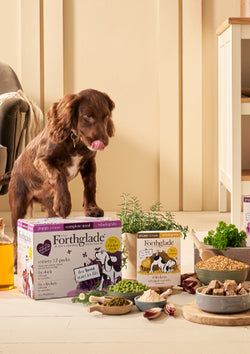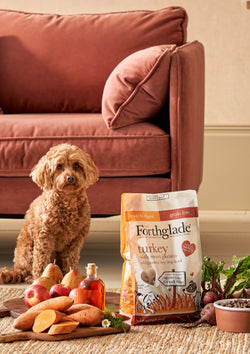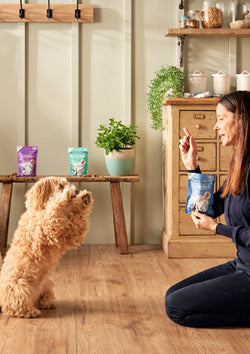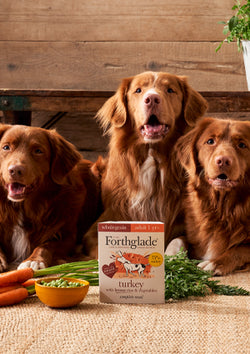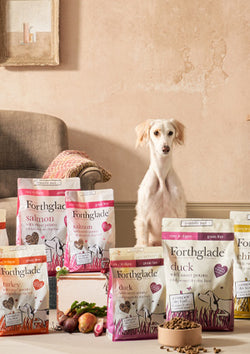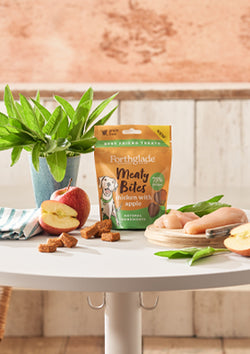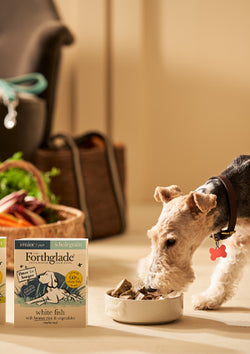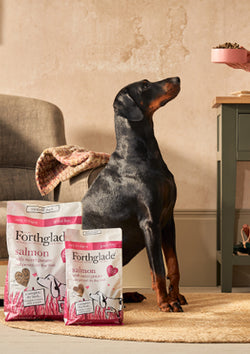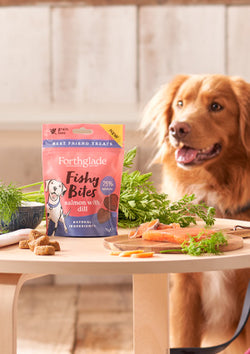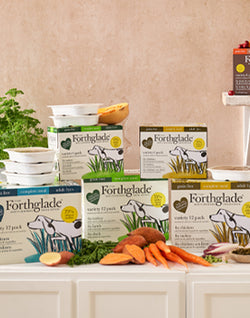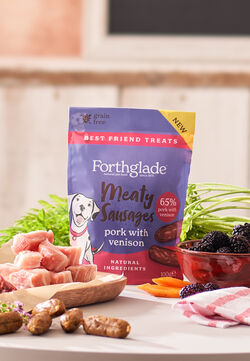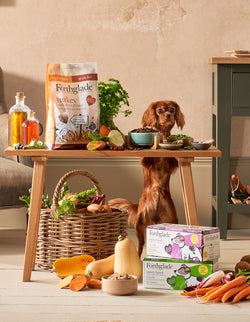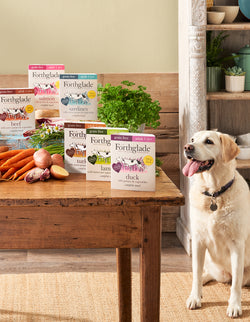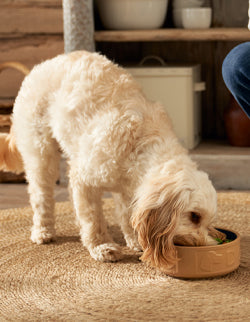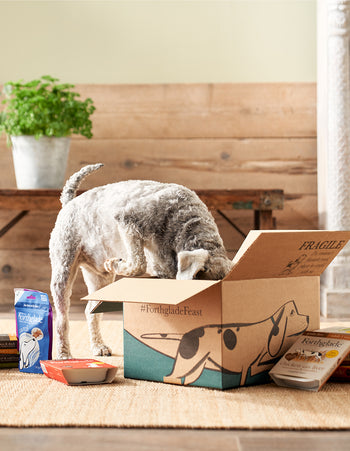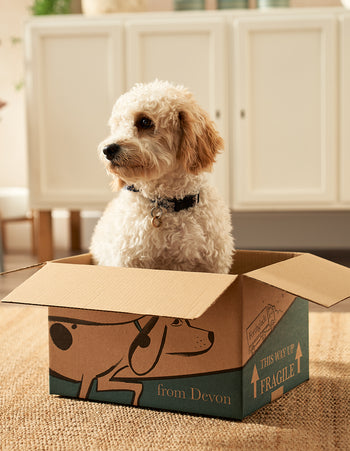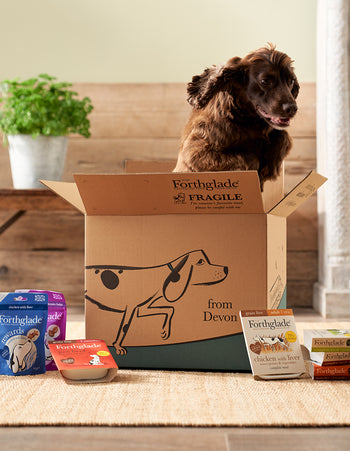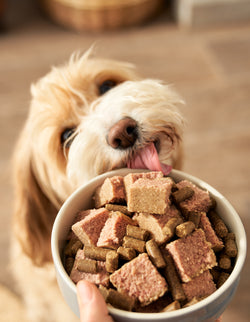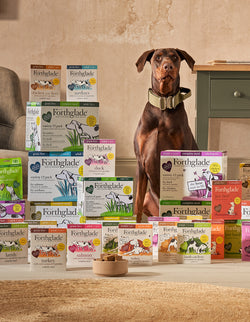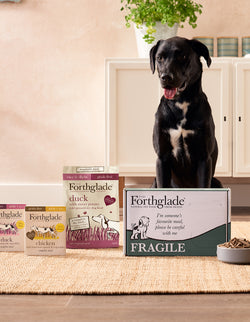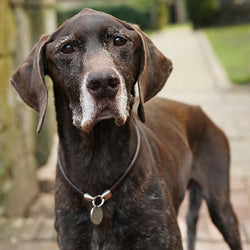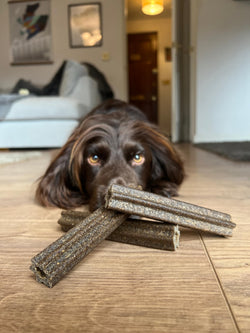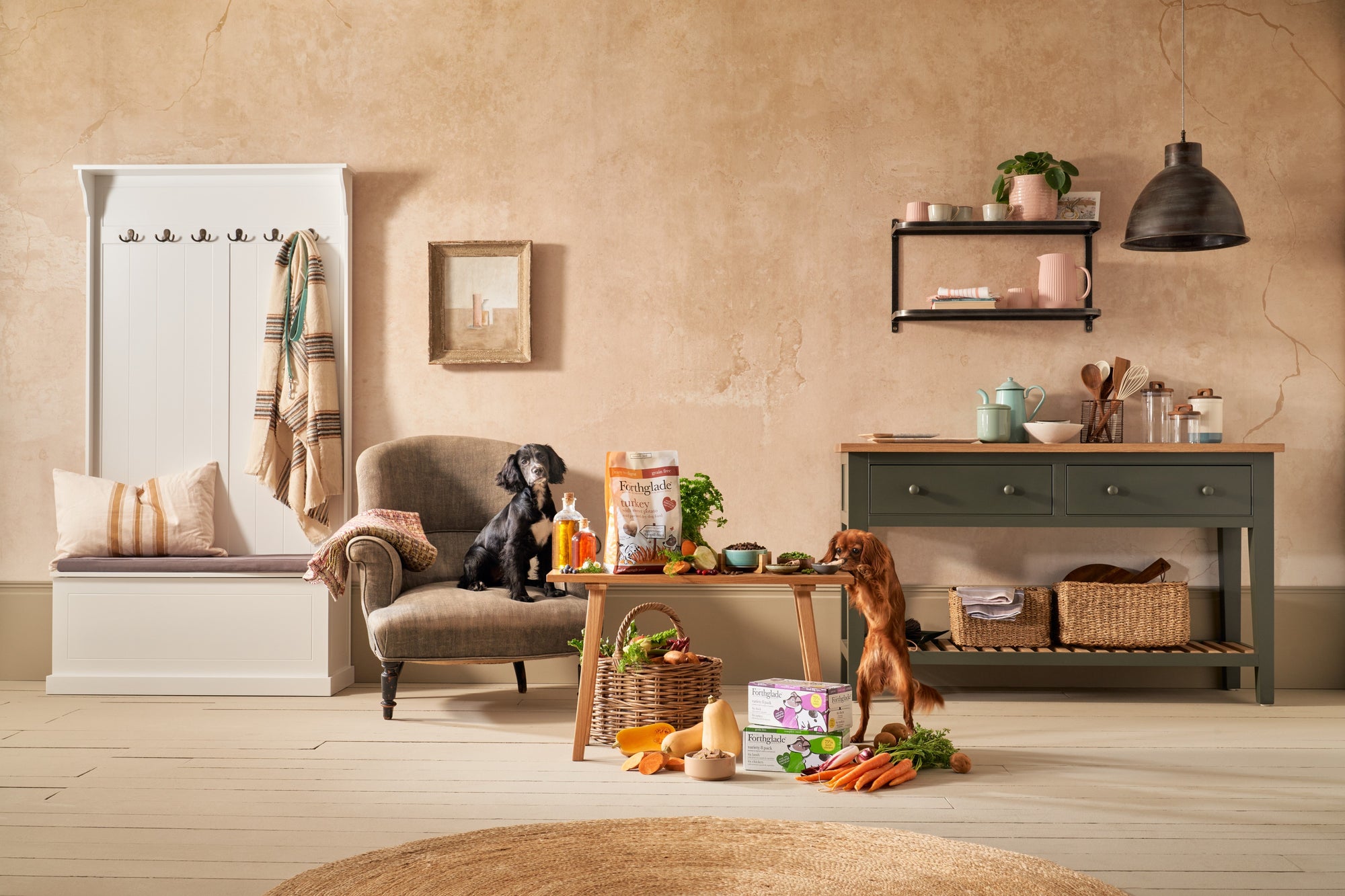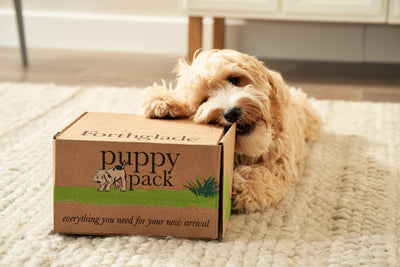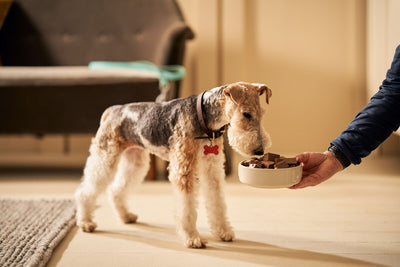So, you have a new puppy? What a wonderful time! They are super cute and small and… ouch! Those teeth are really sharp! …
The most common things people ask me when it comes to a puppy is where is the off switch?! How do I stop the biting? Why are they stealing everything and eating my furniture?! Why won’t they just relax?!
So many things to navigate and so much information out there! What do you do?

Here are my 5 top tips for common puppy behaviours. If you follow these, your puppy is more likely to relax and switch off because they have everything they need.
The biggest mistake people make is walking their puppy more than necessary to make them tired, but all this does is create a super fit dog that needs more and more exercise to be able to relax! When actually, it's the brain we need to tire out and we can do this by simple training of all the things we need our puppy to do. Helping our pesky pups learn to fit in to our world, because it is a huge adjustment!
- Biting
Usually in play, when tired, looking for something exciting to do, or to get attention. It's totally normal and how pups play with each other, but us humans don’t interact by biting! The best advice for biting is to show your puppy what you want them to bite instead! Their toys are a good example of this. Always keep toys close by so if you see those little jaws approaching, you can get a toy in their mouth first. Lots of praise for playing with toys helps your puppy learn that this is the thing to bite. If you do get bitten don’t react, remove yourself from the situation for a minute then go back to the pup and offer a toy instead. If you have children getting munched on (particularly those feet!) get them some indoor shoes to walk around in, so when a puppy bites they are safe and can’t feel it, so it doesn’t make them squeal! Saying ouch when the puppy bites can turn it into a game! So, try to be calm and quiet!
 2. Eating your furniture
2. Eating your furniture
The best approach is to again not make a big deal out of it, show them what you want them to chew and pick up instead. Make sure they have lots of chews and toys around. If they are eating your wooden skirting board, make sure you have a wood root chew to match the texture they are after! If it's the remote control, grab a nylabone! It is not enough to just give them things, you have to look at similar replacements. Again, lots of praise for chewing correct things and redirect them if you spot them off to cause mischief!
3. Stealing your things
Stealing is super common, the best approach to take here is to ‘swap’ the stolen item for a treat. Rather than stealing things and running off to chew them, your pup will start to bring you stolen things so you can put them away! This is also a great way to start teaching retrieve training! I love a pup that collects things, it makes it easy to teach them this skill.
4. Needing ‘endless’ exercise
When it comes to exercise make sure your pup is getting what is appropriate for their age and health. Chat to your vet for further guidance as this varies from pup to pup. The key is that too much is not a good thing. Not only can walking your pup for hours damage their physical development, but it also makes them incredibly fit and then in need of that much exercise every day to be able to relax! So, if your pup is still lively after walks, look at the next top tip for the best way to wear them out without creating an athlete!
 5. They’re never tired!
5. They’re never tired!
Mental exercise is as important as physical. This can include training your puppy but also activities that engage their brain and enable them to perform natural behaviours. You’ve probably heard of enrichment; this is a great way to tire out your puppy. The easiest way to do this is to feed your pup using food toys rather than a bowl. The act of working to get the food out and foraging for it is a great way to tire them out, slow down their eating and help them feel more fulfilled. Food toys don’t have to be expensive; you can use toilet roll tubes with soft bite treats or cold pressed dry food in the middle and fold over the ends, so your pup has to work to get it out. Or, use those cardboard boxes from your online shopping! Why not try treats in a box?! Just check to make sure there are no staples or anything harmful for your pup and always supervise them to make sure they don't eat the cardboard too! This is also a great way to get your pups' destructive tendencies focused on a suitable activity and giving them a chance to do this will actually help minimise damage to your own things, because they have an outlet for this natural behaviour!
So, in summary!
Work on those common puppy problems and stimulate their body and mind to help find that magic ‘off switch’ and enjoy this time with them, however tough it is at times, they won’t be so cute and little forever. Remember any training you do now will pay off when they are older, but these tips apply to dogs of all ages!
To support the great work Veterans With Dogs do, we've contributed £15,000 to the care of two assistance dogs who are now in training, meet Buddy and Devon here or find out more about our partnership here.

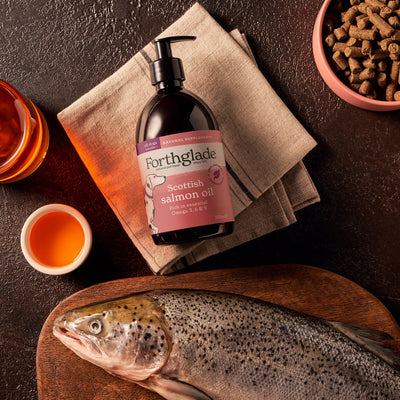










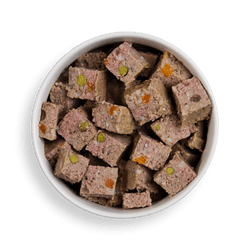

 Over 7,496 5* Reviews
Over 7,496 5* Reviews
 Subscribe for 10% Off Every Order
Subscribe for 10% Off Every Order

